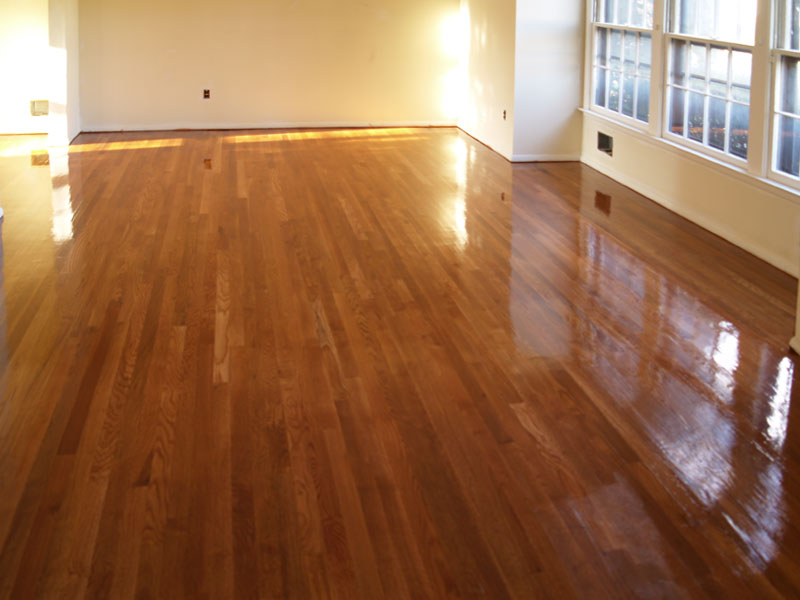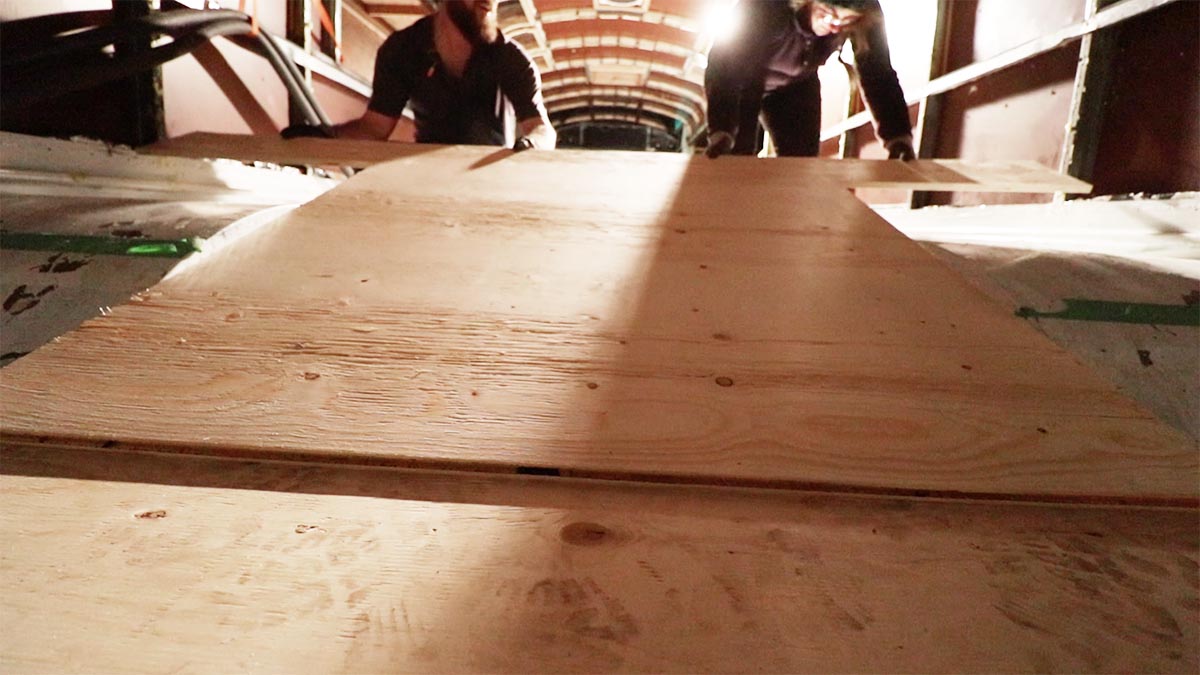Proper Way To Install Insulation Beneath A Sub Floor

The floors are very cold in the winter since there is no insulation underneath and many air vent holes in the side of the house to promote ventilation.
Proper way to install insulation beneath a sub floor. When the basement or crawl space. If it is above grade winter drafts will make the room too cold to use no matter how well the walls and ceiling are insulated. 4 start at one end of the floor joist where it. I have a 1932 pier and beam house in austin tx.
Installing roll insulation in ceiling of basement which is under floors of living space my basement is heated but a smaller amount than up in living space usually 66 68 upstairs and 58 60 at the same time in basement my question is about the kraft paper facing i think it should face the basement because of any moisture in basement. Install the insulation with the paper vapor barrier facing up toward the heated living space and make sure the insulation fits tightly between the joists. The purpose of insulation facing. The facing on kraft faced insulation is made of kraft paper with an asphalt coating that makes the paper impermeable to water vapor.
For this reason faced insulation is typically installed on the. The paper creates a vapor barrier that helps keep the water vapor in the warm moist heated indoor air from migrating outward into the wall or other structure. I m confused whether i should use open or closed cell insulation underneath the floors. Installing rigid foam insulation.
There s two ways you can go about with foam board insulation. If you are using foil or paper backed insulation for installation install the insulation so that the backing faces the open area beneath the house. I ve heard that i could use open cell open cell with a vapor paint barrier or closed cell. If the crawl space is ventilated which is ideal because it aids in the elimination of moisture then fiberglass insulation can be easily installed under the subfloor between the floor joists.
It is important to secure insulation and cover it with a vapor barrier in order to prevent moisture and the mold that often follows close behind. Department of energy recommends r 11 3 insulation under floors in warm climates and an r 25 6 to 8 in cold climates. Firstly you can apply it directly onto the house s concrete walls with the help of a construction adhesive that will hold it in place. Secondly and this is the best way you can install a drywall to frame the wall before applying foam.














































